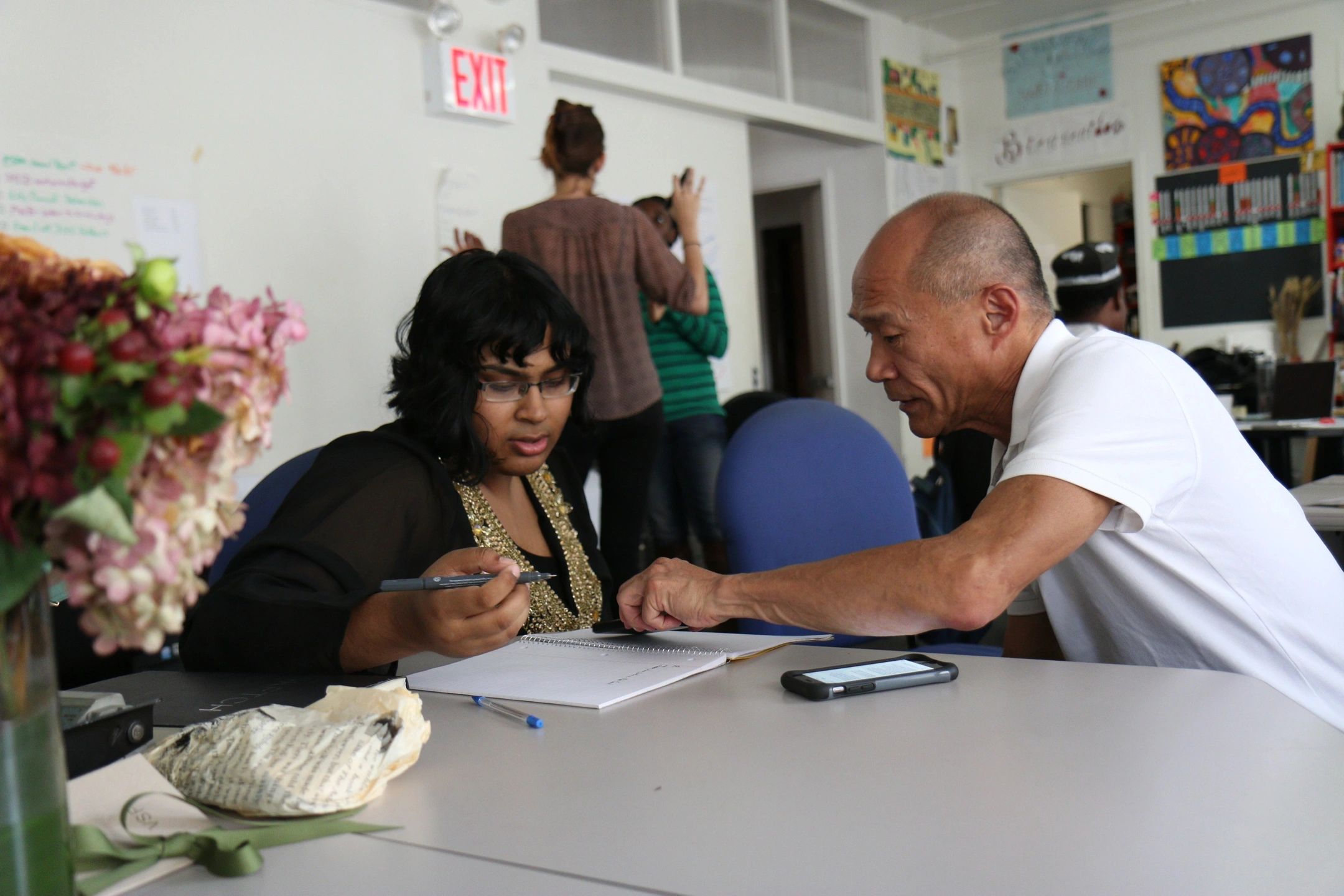As our loved ones age, it’s crucial to be aware of the signs that may indicate they require professional senior care. Recognizing these signs early on can help ensure they receive appropriate support and assistance to maintain their quality of life. Understanding the key indicators for senior care and knowing when to seek out these services are essential in providing the best care for our aging family members.
Recognizing the Signs for Professional Senior Care
A decline in physical health is one of the first signs that may indicate a need for professional senior care. This could manifest as difficulty with mobility, unexplained bruises or injuries, or chronic health conditions that require regular monitoring and management. Changes in personal hygiene and grooming habits may also signal a need for assistance with daily tasks.
Another important indicator to watch for is cognitive decline. Memory loss, confusion, disorientation, and difficulty with decision-making can all be signs that a loved one may benefit from the specialized care and support provided by senior care services. It’s essential to take note of any changes in behavior or personality that could indicate cognitive impairment.
Social withdrawal and isolation are common among seniors who may be struggling with the challenges of aging. If you notice that your loved one is becoming increasingly isolated or has stopped participating in activities they once enjoyed, it may be time to consider professional senior care services. Loneliness and a lack of social interaction can significantly impact mental and emotional well-being.
Understanding the Key Indicators for Senior Care
Nutritional deficiencies and weight loss are also important indicators that a loved one may require professional senior care. Difficulty with meal preparation, lack of appetite, or forgetting to eat can all contribute to malnutrition and other health issues. Senior care services can assist with meal planning, preparation, and monitoring to ensure your loved one gets the nutrition they need.
Medication management can be a challenging task for many seniors, especially those with multiple prescriptions. Notice that your loved one is missing doses, mixing up medications, or experiencing side effects from improper medication usage. It may be time to consider professional senior care services. Trained caregivers can help with medication reminders, administration, and monitoring to ensure that your loved one’s health and well-being are prioritized.
Finally, changes in the home environment may also indicate a need for professional senior care. Difficulty with housekeeping, home maintenance, and personal safety can pose risks to a senior’s well-being. Senior care services can assist with household tasks, safety assessments, and home modifications to create a safe and comfortable living environment for your loved one.
Identifying When a Loved One Needs Senior Care Services
Recognizing when a loved one needs professional senior care services can be a challenging decision to make. However, it’s essential to prioritize their health, safety, and overall well-being. Notice multiple signs indicating a decline in your loved one’s physical or cognitive health. It may be time to have a conversation about the benefits of senior care services.
Consulting with a healthcare provider, geriatric specialist, or senior care professional can help you assess your loved one’s needs and determine the most appropriate level of care. They can guide available services, resources, and support options to help you make an informed decision. Remember that seeking professional senior care services is a proactive step towards ensuring your loved one receives the best care and support as they age.
In conclusion, recognizing the signs of professional senior care, understanding the key indicators, and identifying when a loved one needs senior care services are all important steps in the caregiving journey. By staying vigilant, informed, and proactive, you can help ensure your aging family members receive the compassionate care and support they deserve. Remember that seeking professional senior care services is not a sign of weakness but rather a commitment to providing the best possible quality of life for your loved one.


